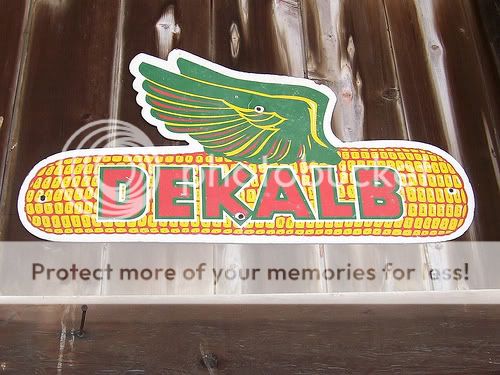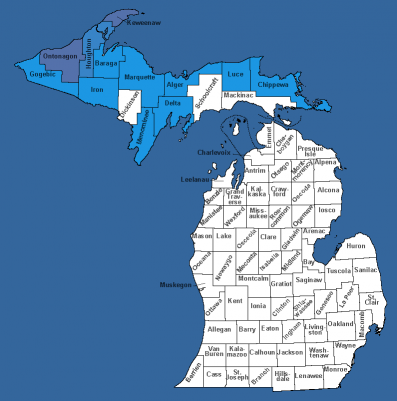Ethanol is considered "renewable" because it is primarily the result of conversion of the sun's energy into usable energy. Creation of ethanol starts with photosynthesis causing the feedstocks such as switchgrass, sugar cane, or corn to grow. These feedstocks are processed into ethanol.

Current, first generation processes for the production of ethanol from corn use only a small part of the corn plant: the corn kernels are taken from the corn plant and only the starch, which represents about 50% of the dry kernel mass, is transformed into ethanol.
Two types of second generation processes are under development. The first type uses enzymes and yeast to convert the plant cellulose into ethanol while the second type uses pyrolysis to convert the whole plant to either a liquid bio-oil or a syngas.
Second generation processes can also be used with plants such as grasses, wood or agricultural waste material such as straw.
Food vs Fuel
Food vs fuel is the dilemma regarding the risk of diverting farmland or crops for biofuels production in detriment of the food supply on a global scale. The "food vs. fuel" or "food or fuel" debate is internationally controversial, with good-and-valid arguments on all sides of this ongoing debate. There is disagreement about how significant this is, what is causing it, what the impact is, and what can or should be done about it.
Brazil has been considered to have the world's first sustainable biofuels economy and its government claims Brazil's sugar cane based ethanol industry has not contributed to the 2008 food crises. A World Bank policy research working paper released in July 2008 concluded that "...large increases in biofuels production in the United States and Europe are the main reason behind the steep rise in global food prices", and also stated that "Brazil's sugar-based ethanol did not push food prices appreciably higher".
From Wikipedia, the free encyclopedia.

| |
1 |
|
2 - 9 |
|
10 - 24 |
|
25 - 49 |
|
50 - 74 |
| |
75 - 99 |
|
100 - 149 |
|
150 - 199 |
|
200 - 249 |
|
250+ |
|
| Keweenaw:35 |
Ontonagon:27 |
Houghton:24 |
Alger:6 |
Gogebic:5 |
| Marquette:5 |
Chippewa:4 |
Menominee:3 |
Baraga:2 |
Delta:2 |
| Iron:2 |
Luce:2 |